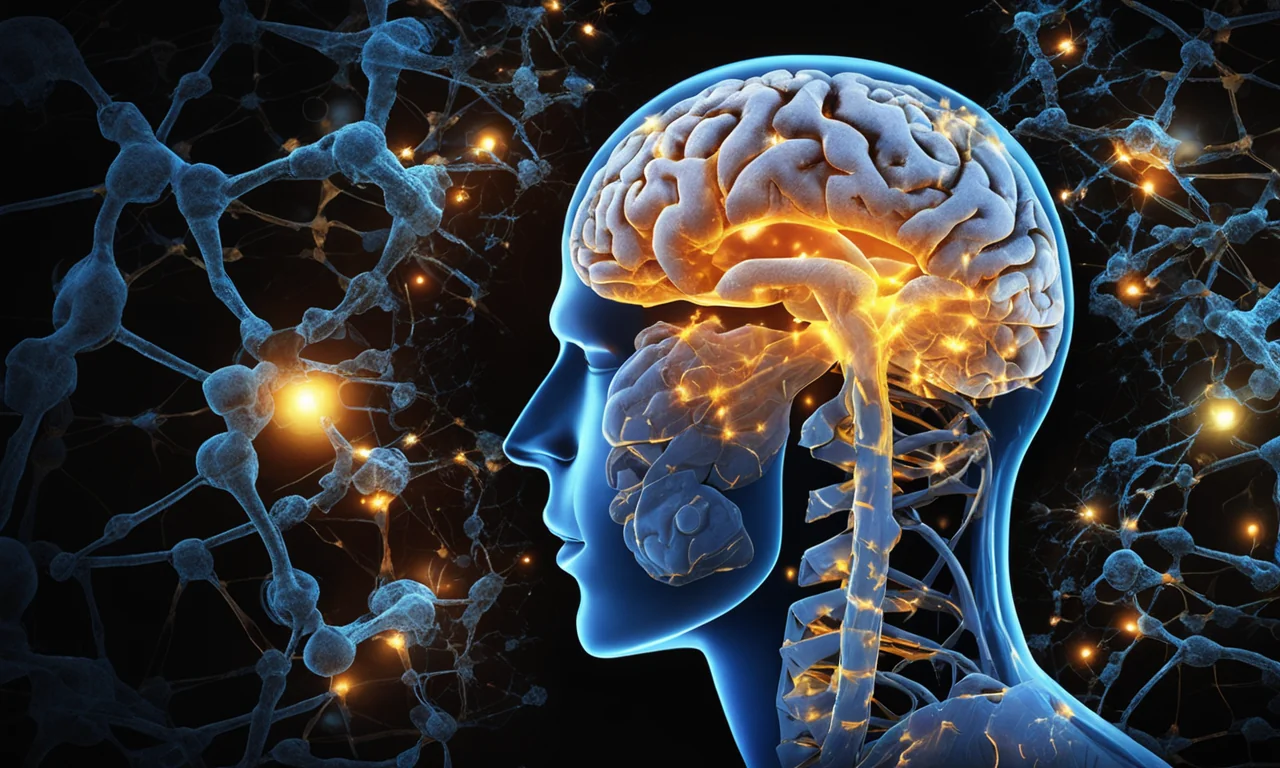
The science of wellness faces disruption as new research challenges health dogma
The latest findings overturn conventional wisdom on antioxidants, MSG, and lifestyle risks in health debates.
In today's digital discourse, the #science and #health hashtags on X reveal a landscape where scientific curiosity collides with health skepticism and lifestyle debate. This isn't just a parade of factoids—it's a real-time tug-of-war between tradition, disruption, and the relentless reexamination of what we call "healthy." From evolutionary marvels in wildlife to the confounding contradictions of nutrition and wellness advice, the top tweets of the day reflect a public hungry for knowledge but wary of dogma.
Rethinking What's “Healthy”: Contrarian Science Meets Common Wisdom
Forget the standard health advice; today's X conversations demand a closer look at what really constitutes wellness. The notion that “more antioxidants are better” gets sharply debunked by research on reductive stress and oxidative imbalance, while the long-vilified MSG receives redemption in a passionate defense of umami's origins, as seen in the lively exploration of monosodium glutamate's science. Quitting smoking—regardless of age—still earns universal endorsement, but even here, nuance emerges in the recognition that cessation's timing matters, as highlighted in recent brain health research.
"Are more antioxidants better? No, the opposite. Reductive stress (excess antioxidants) can lead to oxidative stress."- Dr. Eddie Ramirez (10 points)
The culture of “healthy living” is under scrutiny: even moderate alcohol consumption is flagged as a dementia risk in a landmark study shared today. Meanwhile, the American healthcare system faces blunt criticism for its pharmaceutical overreach, with one user declaring that America is one giant pharmacy. The message is clear—today's science conversations are less about consensus and more about challenging old ideas with fresh data.
"America is one giant pharmacy."- Spencer Hakimian (26 points)
The Science of Adaptation: Brains, Molecules, and Evolutionary Ingenuity
Beyond health advice, X is buzzing with admiration for scientific ingenuity—both natural and human-made. The remarkable adaptation of Gouldian Finch chicks, whose mouths glow to guide parental feeding, reminds us that evolution's solutions often outpace our technological ones. Neuroplasticity—the brain's ability to adapt through exercise, diet, and sleep—takes center stage in a widely shared thread, arguing that lifestyle factors can rewire us as effectively as medication.
"The Combined Influences of Exercise, Diet and Sleep on Neuroplasticity...the brain's ability to undergo structural and functional adaptations in response to learning or experience."- Mo Imam (23 points)
Curiosity about chemistry's role in health and innovation is also on the rise. Cutting-edge research on palladium-catalyzed diene synthesis and cation recognition via allosteric regulation demonstrates that scientific progress is not just about big headlines—it's about incremental breakthroughs that shape everything from pharmaceuticals to nutrition. Even historical perspective is fair game, with a provocative reminder that ancient Greeks measured Earth's circumference long before religious texts weighed in. The pattern is unmistakable: real adaptation, whether molecular or societal, is messy, contested, and forever unfinished.
Journalistic duty means questioning all popular consensus. - Alex Prescott